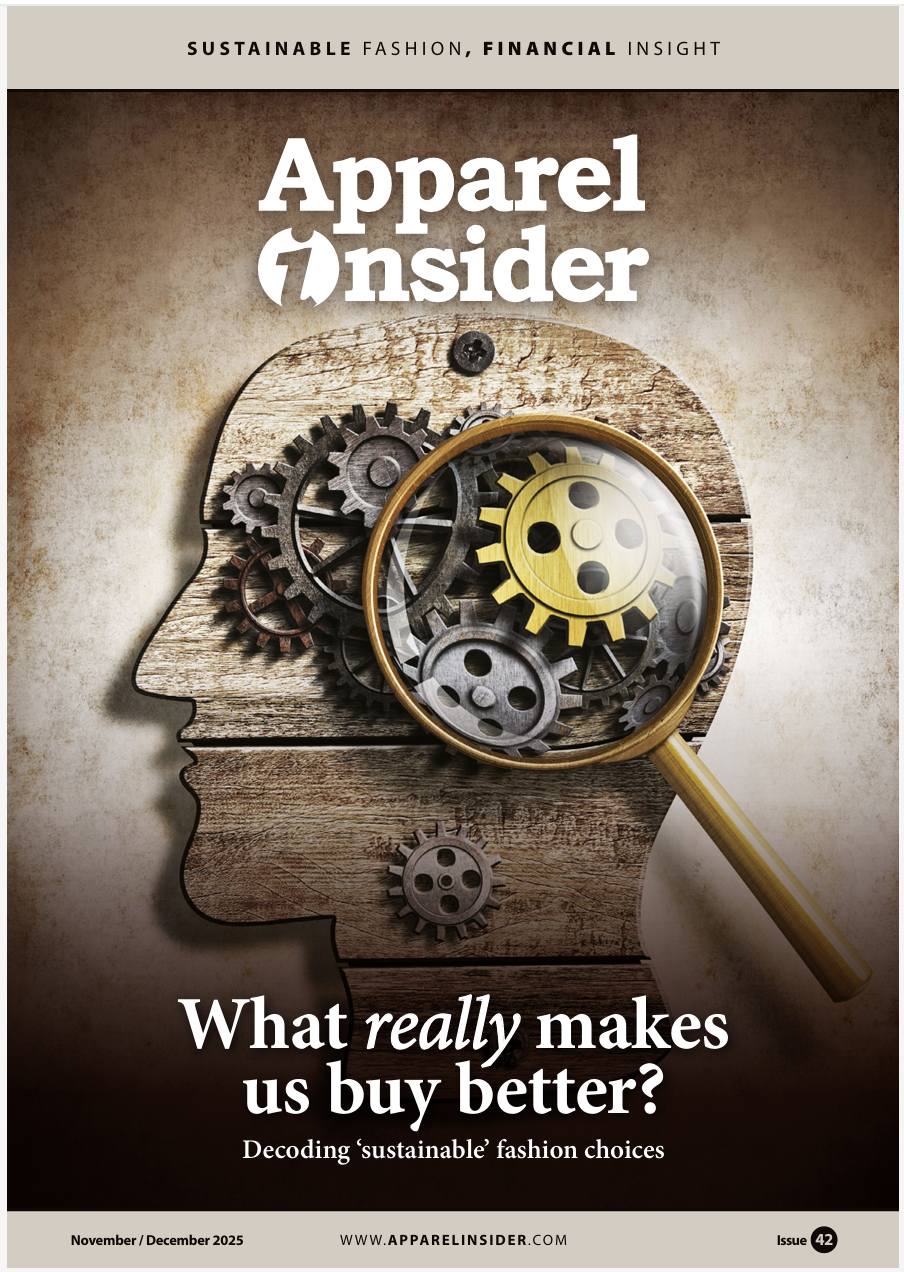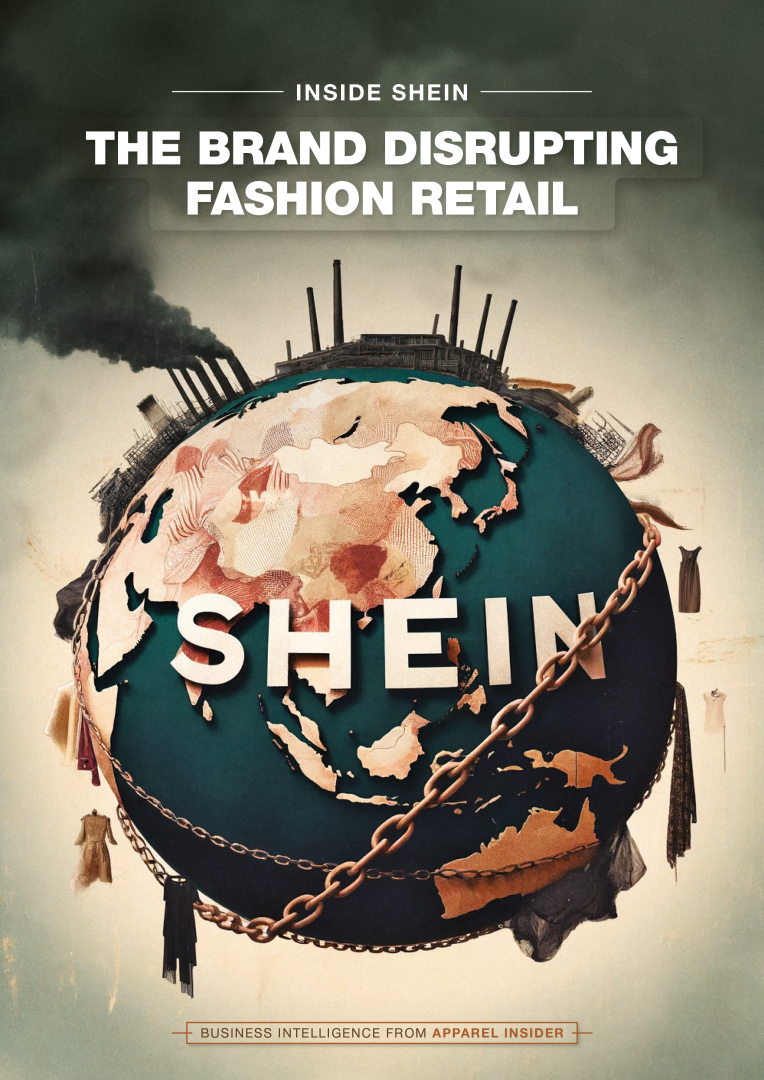DHAKA – Women working in Bangladesh’s ready made garment (RMG) sector are regularly verbally and physically abused while often being denied basic employee rights, claims new research.
The not-wholly-unexpected report findings show female workers face an array of issues, with most of them experiencing verbal, mental, physical and sexual harassment from employers and colleagues.
A staggering 84 per cent reported experiencing verbal harassment, 71 per cent experienced mental harassment, 20 per cent physical harassment, 12 per cent sexual harassment, and 52 per cent physical harassment.
The depressing statistics are put into stark context when one considers that women constitute around 55 per cent of the 4.2 million RMG workforce in Bangladesh, while garment exports are by far the highest contributor to Bangladesh export income – around 80 per cent.
The researchers found non-implementation of labour rights was frequent in areas of service book, working hour including overtime, leaves (casual, sick, annual), separate rest room, social protection like and representation rights.
Half the female RMG workers surveyed reported working for 9-10 hours and 70 per cent claimed they do not get the chance to take rest.
The report argued for the strengthening the enforcement of labour law and suggested the need of active enforcement efforts from the government.
The report titled ‘State of Rights Implementation of Women Ready-made Garment Workers’ was funded by Austrian Development Cooperation, Karmojibi Nari in collaboration with the European Union and CARE Bangladesh.
Image credit: Solidarity Center (2015)










